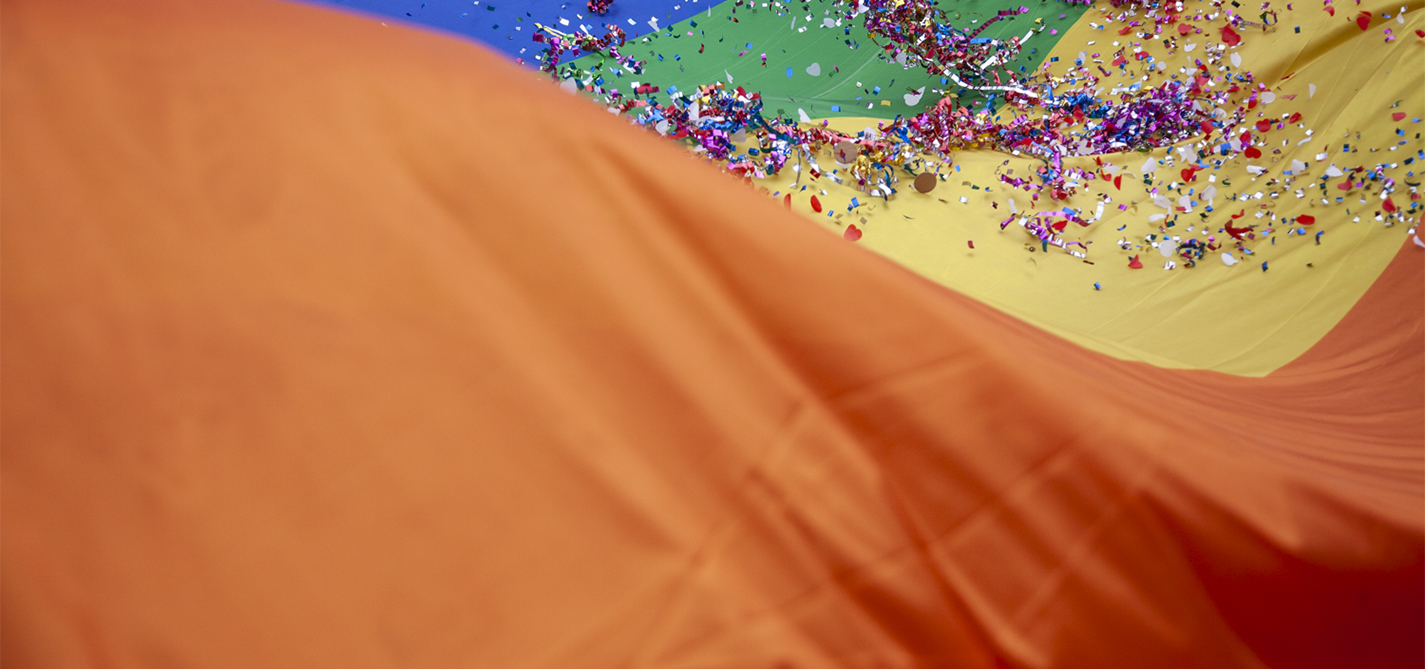
Balkan countries carry on with alternative pride parades
The mobilization of LGBTQ+ activists face challenges posed by the pandemic.
This year, the tradition of organizing Parades is being jeopardized by the COVID-19 pandemic.
The cancellation of Pride Parades not only dilutes the LGBTQ+ movement, but also negatively affects people within the community.
"We celebrate our lives and the beauty of diversity, but we also fight for freedom and equality,"
Marko Mihailović, Serbian activist
Agon Rexhepi
Agon Rexhepi is a sociology student at the Faculty of Philosophy of the University of Prishtina. As a human rights activist, through his writing (in the form of blogs and poetry) he aims to raise awareness of human rights issues and about the suppression and discrimination that marginalized communities are subject.
This story was originally written in Albanian.